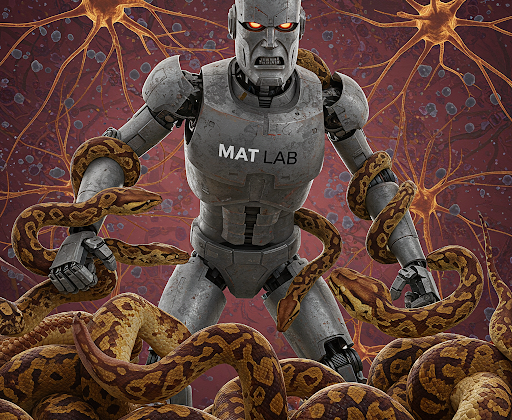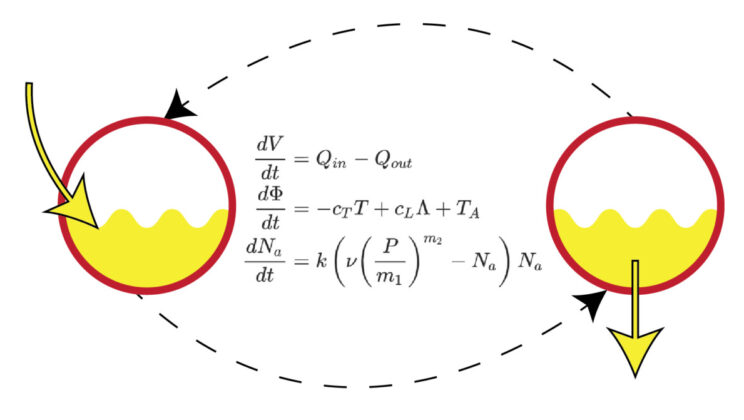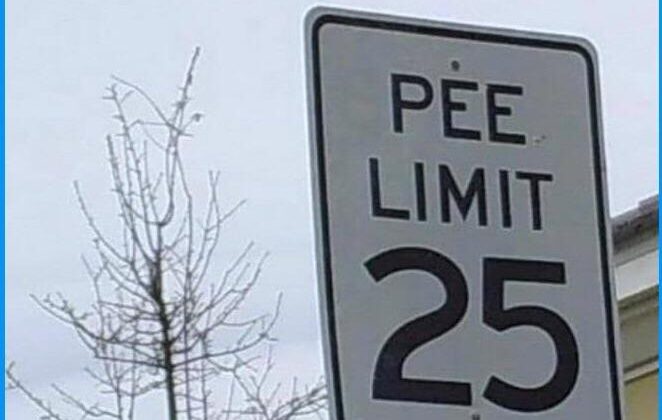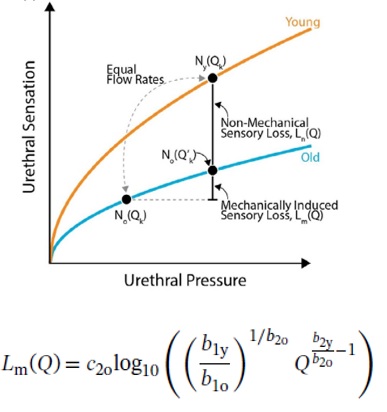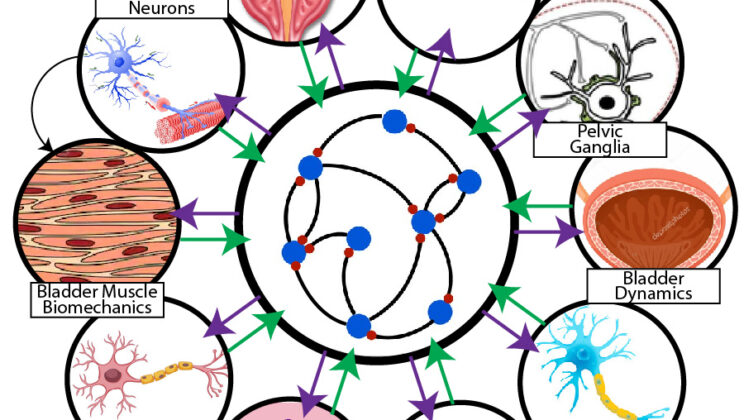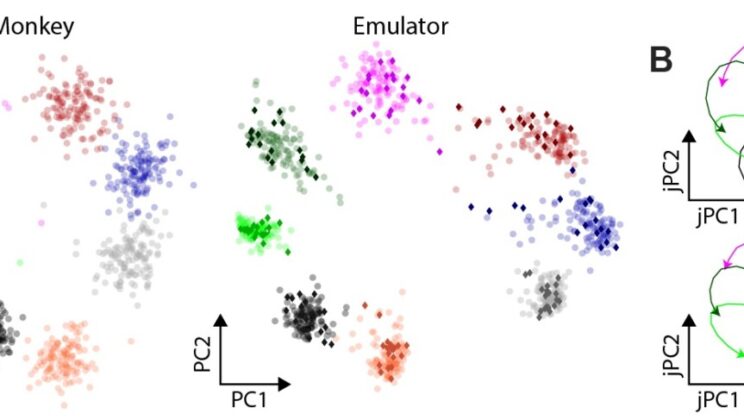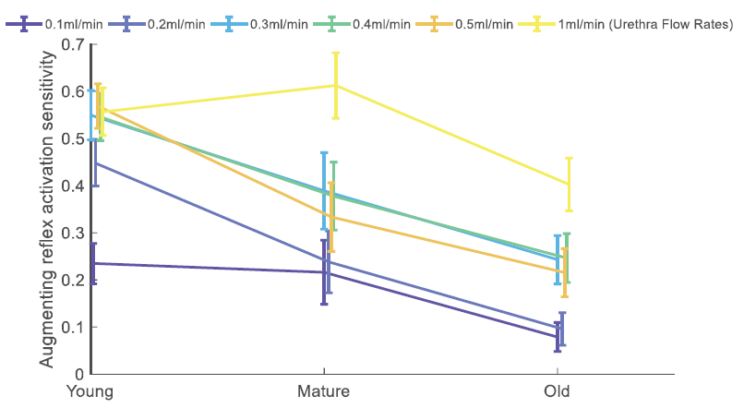Many neuroscientists, especially those of the computational persuasion, say MATLAB should be dumped for Python. But, they’re wrong. Here’s my take on the best arguments to use Python in neuroscience,…
Category: Neuroscience
Embrace the Fusion with Neural Technology
I would rather watch the TEDx talk: “Our Neurotechnological Humanity“ Why are the Borg so disturbing? They are an alien race from Star Trek who roam the galaxy fusing hapless…
The Simple-As-Possible Approach to Lower Urinary Tract Simulation
“What I cannot build, I do not understand.” – Richard Feynman Since I go around pretending that I know how control of the lower urinary tract (LUT) works, surely I…
Very Simple Simulation of Very Simple Neurons
The fundamental unit of the brain is the neuron, and the computational essence of a neuron is adding up blips from neurons it listens to then “deciding” whether to issue…
More Success with Less Control in BCI Cursor Tasks
Intracortical brain-computer interfaces (iBCI) read in neuron activity and use it generate useful actions, potentially giving paralyzed users control of a device. A common goal is to establish brain control…
How Does the Bladder “Decide” When to Pee?
The lower urinary tract is orchestrated by an intricate web of harmonizing reflexes that act constructively to help you pee effectively (or to not pee effectively). [See Fowler and de…
We (ok, rats) Lose Urethral Sensitivity as We Age: Hints into Underactive Bladder Etiology
Many people have declining urinary tract function as they age. Is it possible that weakening sensation (peripheral neuropathy) contributes? It is a concept that has been gaining credence for the…
NIDDK Grant to Revolutionize Mathematical Systems Physiology
I’m very excited to announce that NIDDK at NIH is supporting me to lead a big, interdisciplinary team to invent a new mathematical infrastructure to model the lower urinary tract…
A New Way to Test Brain-Computer Interface Decoders: the jaBCI
The neuroscience community has been trying to build a brain-to-computer translator, that is, a system that records the electrical chatter of neurons and deciphers the thoughts of the person to…
Age Changes Neural Regulation of the Bladder and Urethra
Many of us accept that our bladders naturally weaken as we age, but is it inevitable? To stop age-related bladder underactivity (UAB) we will need to first understand why it…
